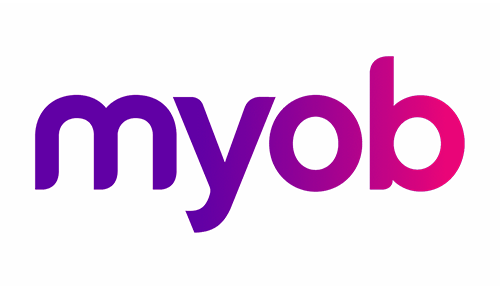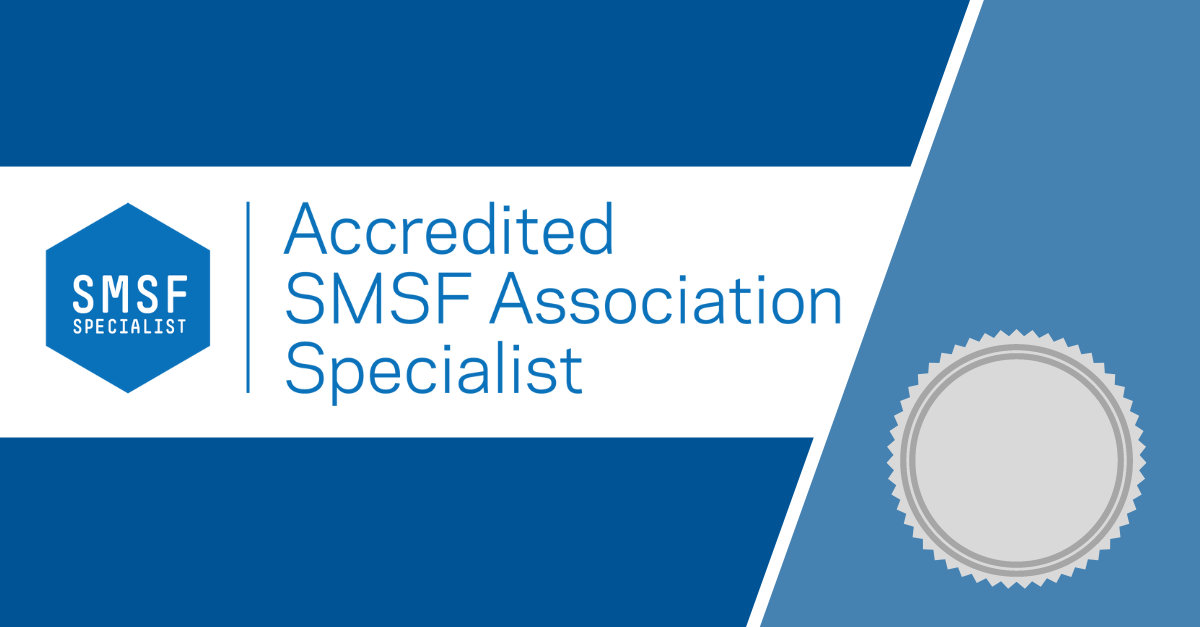IAS & BAS Preparation on the Central Coast
Professional Team
Wide Service Range
Customer Service-focused
Offering Comprehensive Services
Dynamic Accounting Taxation Advisors offers comprehensive Instalment Activity Statement (IAS) services and Business Activity Statement (BAS) preparation to businesses throughout the Central Coast, including Gosford, Erina, Bateau Bay, Lisarow, The Entrance, Woy Woy, Wamberal and Kincumber.
We aim to assist with accurate preparation and timely lodgement of BAS and IAS to meet ATO requirements. Our services can help reduce the risk of penalties, complying with tax obligations.
For support with all your BAS preparation and IAS reporting needs, contact us on (02) 4385 7365 to discuss how we can assist.
What's Involved in Our Services
BAS and IAS preparation often involves gathering and recording financial data, such as sales, purchases, GST collected and PAYG withholding amounts.
For BAS, businesses registered for GST report on GST liabilities, PAYG instalments and other tax obligations. IAS applies to businesses or individuals with PAYG obligations but not registered for GST. Preparation includes calculating owed amounts, completing the correct forms and submitting them to the ATO by the due date.
Accurate and timely preparation may help businesses manage their tax obligations effectively.
Frequently Asked Questions
What is a Business Activity Statement (BAS), and who needs to file it?
A Business Activity Statement (BAS) is a form submitted to the Australian Taxation Office (ATO) by businesses registered for Goods and Services Tax (GST).
BAS reporting can allow businesses to declare and pay several tax obligations, including GST, Pay As You Go (PAYG) instalments, PAYG withholding and other tax obligations. The ATO generally requires BAS submissions quarterly, but larger businesses may file monthly, and some smaller ones may opt for annual reporting.
Preparing and filing BAS accurately is essential to help avoid errors that could lead to fines or delays, and many businesses find it helpful to work with a professional for compliance and accuracy.
What is an Instalment Activity Statement (IAS), and how does it differ from a BAS?
An Instalment Activity Statement (IAS) is used by individuals and businesses that are not registered for GST or have specific PAYG instalments or PAYG withholding obligations.
Unlike the BAS, which covers GST reporting, the IAS is specifically for PAYG instalments, PAYG withholding and certain other tax obligations that don’t involve GST. Generally, small businesses and individual contractors may need to file an IAS if they are not registered for GST but still have PAYG obligations.
Like the BAS, the IAS must be prepared and filed accurately within specified deadlines, and regular filing can help prevent penalties and maintain compliance with ATO requirements.
What information do I need to provide when preparing a BAS or IAS?
To prepare a BAS or IAS, you’ll need detailed records of all income, expenses and any other financial transactions relevant to your tax obligations.
For BAS preparation, this includes GST collected on sales and GST paid on purchases, along with details of PAYG withholding for employees and any instalment amounts. For IAS, you’ll need to record PAYG instalments and withholding amounts if applicable.
Keeping accurate financial records and receipts throughout the period may simplify BAS and IAS preparation. Many businesses choose to work with a bookkeeper or accountant to help ensure they’re fully compliant and that all reporting is accurate.
What are the consequences of not filing a BAS or IAS on time?
Filing your BAS or IAS on time is essential, as late or missed submissions can result in penalties, interest charges and even compliance-related warnings from the ATO. These penalties increase the longer the statement is overdue, and businesses may incur additional fines if multiple lodgements are missed.
Failing to submit on time can also disrupt cash flow planning and may make it difficult to manage upcoming tax obligations. By keeping financial records organised and working with a professional when needed, businesses can stay on top of filing deadlines and may avoid the costs associated with late submissions.










